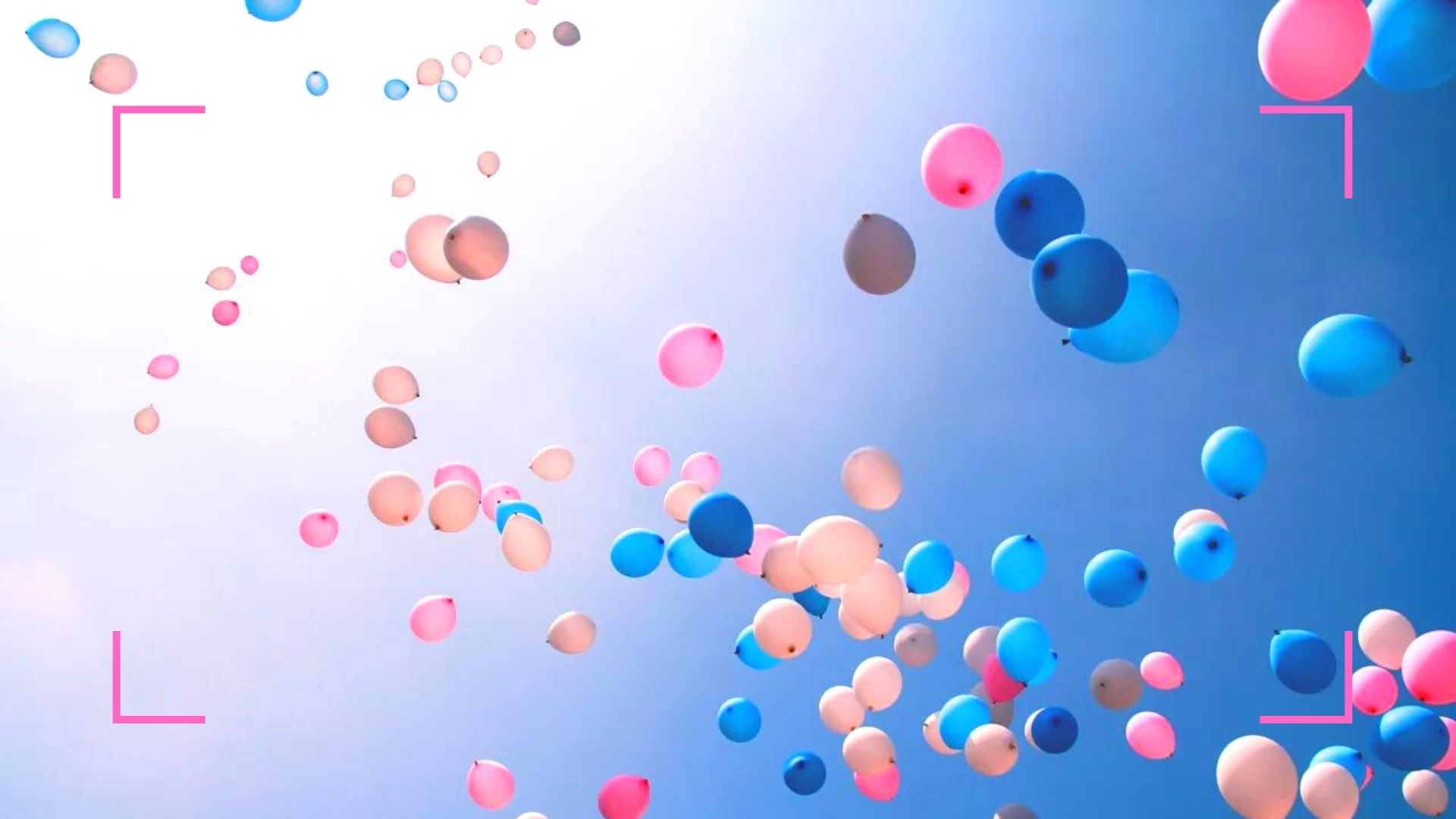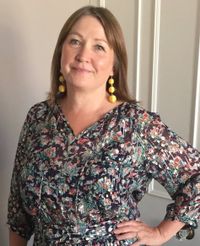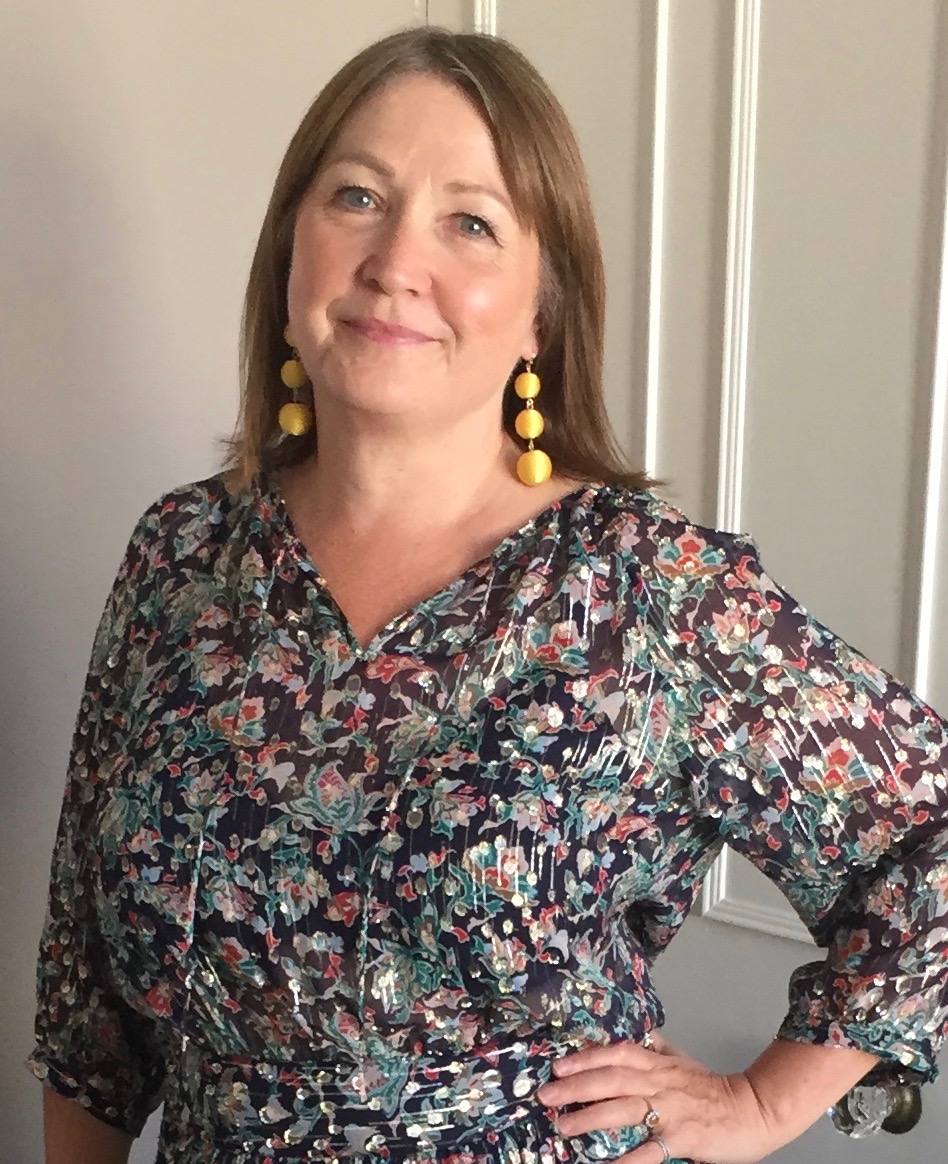Menopause needs an image rebrand—let’s celebrate rather than fear it
A convincing argument on why menopause can be a positive stage of a woman's life


Here’s a happy thought. As a post-menopausal woman, I’ve now waved goodbye to 40 years of periods. That’s four decades of discomfort, expense, and—cringe!—the occasional disaster with a white skirt and an unpredictable cycle. So long PMT. Farewell, stomach cramps. Adios the drain on my purse caused by the £5,000 spent in my lifetime on sanitary items.
Just a century ago, women went through ‘the change’ towards the end of their lives. Women were taught to fear the stages of menopause thanks to well-publicized and unpleasant menopause symptoms the milestone can bring—from night sweats to hot flushes and reduced sex drive to vaginal dryness. Today the average age of menopause is the same but we’re living longer and menopause does not signal the end of life—or even life as we know it. With better self-care, good sleep hygiene, healthy food, moderate exercise, and the energy to carry on learning new skills (take a look at our list of hobbies for women if you need more inspiration), we could be done with periods and still have half our lives left to enjoy.
Menopause—a wonderful surprise?
I’m not alone in wanting to give menopause a little credit. Remember Kristin Scott Thomas’ famous speech in TV’s Fleabag?
"Women have pain on a cycle for years – and then, just when you feel you are making peace with it all, what happens? The f***ing menopause comes, and it is the most wonderful f***ing thing in the world." Exactly!
"Yes, your entire pelvic floor crumbles and you get f***ing hot and no one cares," says Kristin, "but then you’re free, no longer a slave, no longer a machine with parts. You’re just a person."
And hurrah for journalist Caryn Franklin’s take on what she sees as the joy of change—"In menopause, our body roars. All these years it has put up and shut up, and now will not tolerate abuse or disrespect any longer. It is a demand from your newly awake self for quality, not quantity, for re-evaluation and rebalancing. It is your body’s hormonal call to action."
Menopause is a woman's 'second spring'
Of course, it’s a call to action that’s not without pain. Many women have horrendous experiences of menopause—so many celebs have spoken about their midlife trials that one UK newspaper unhelpfully dubbed this period the 'moanopause'. Hot flushes, sleepless nights, vaginal dryness, and brain fog are horrible, but there is now more medical and therapeutic support available than ever before. Meanwhile, HRT is back in favor, smoothing the road towards our next phase.
Sign up to our free daily email for the latest royal and entertainment news, interesting opinion, expert advice on styling and beauty trends, and no-nonsense guides to the health and wellness questions you want answered.
And it’s a phase that can be really exciting. In Chinese medicine, menopause is called ‘second spring’ and celebrated as the gateway to an energetic and independent older age that women can look forward to. If we’re lucky, these years can be the most healthy and enjoyable of our lives—a time to follow passions, value our experiences and cherish our newfound liberty. Sex and menopause can go hand in hand too—there's no reason physical intimacy should be off the menu. In fact, many women find this phase of life to be sexually liberating.
Many of us will get fit in our 40s and 50s, learn a new language, travel, and even change careers. With grown-up children no longer at home, fewer expectations of us, and hopefully greater financial security, the possibilities are enticing. With the privilege of age, we can be selfish and command rank and respect for our decades of hard-learned skills. Freedom from menstruation and pregnancy should boost our confidence. We can dress how we like and eat what we choose, prioritizing what is most important to us.
Yes, menopause is the final raw deal a woman must endure but, as someone who is out the other side, I can tell you that life gets better. I’m no longer a slave. No longer a machine with parts. Just a person. Free.

Michelle Hather has been writing for and editing magazines and national newspapers for more than 30 years. As a working mother, breast cancer survivor and eco worrier (if not quite a warrier) she focuses mainly on issues around women, families, health and the environment.
As well as journalism, Michelle's time is spent plotting grown-up backpacking trips with her husband and helping university students navigate the changing world of media.